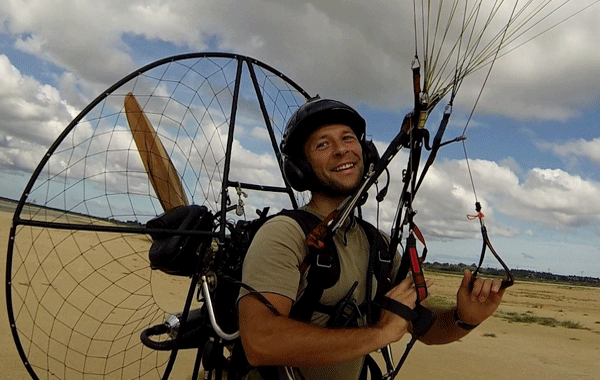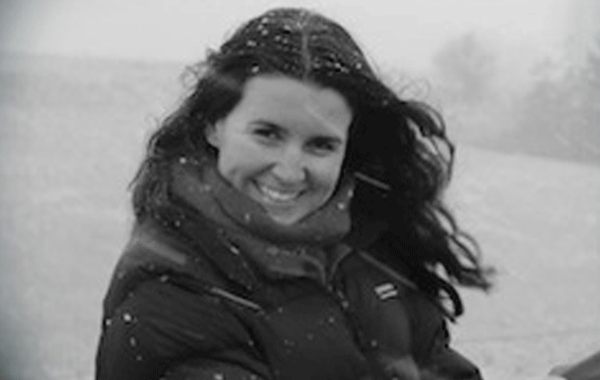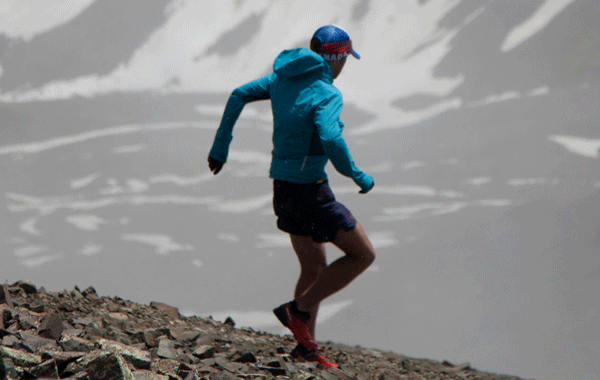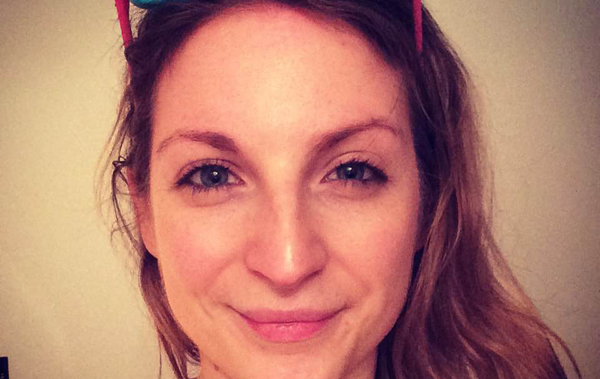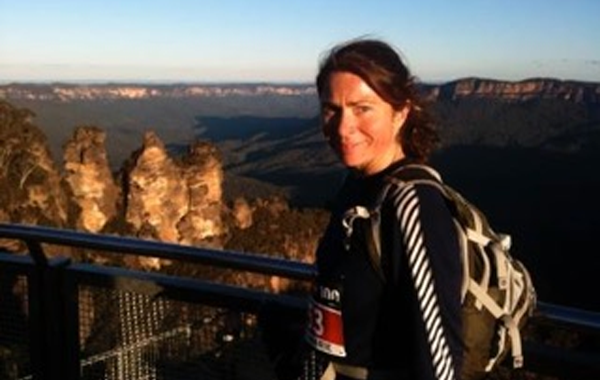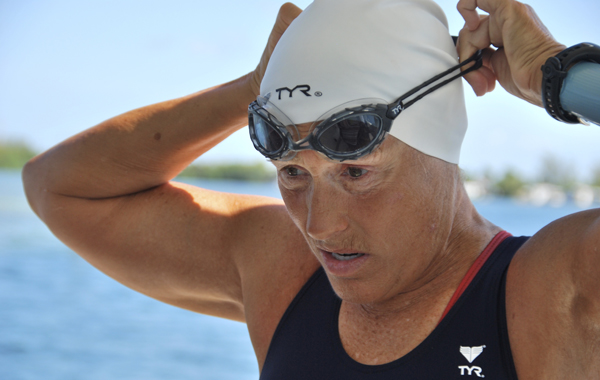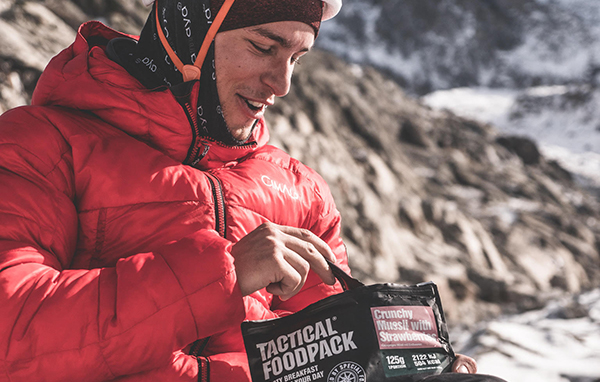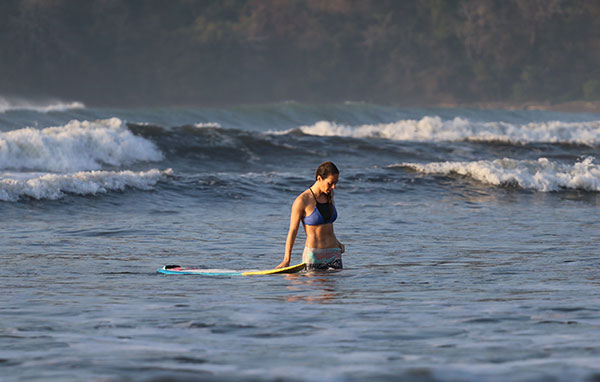
MATT MAYNARD’S love of adventure started from a young age with family holidays to the most rural parts of the UK and school and Scout trips that saw him learn to appreciate nature in all its glory.
As he grew older he began to immerse himself in the outdoors more and more and by the time he was studying for his English literature degree he had joined the university’s mountaineering club. It was at this time that he found himself travelling the length and breadth of the country to pursue his love of extreme sports and the countryside. His summers included hiking and climbing in the Alps and hitchhiking around France and Italy.
After a trip to South America Matt found what can only be described as his spiritual home. It is in the Andes that he is currently able to combine both his passions in life, teaching and adventure, and where he began the English language school Green Bean Trails.
In this exclusive interview Matt talks about the journey which has led him to the Green Bean Trails as well as his unique style of teaching and the importance of mentors when it comes to exploring the outdoors.
When did your passion for the outdoors and adventure begin and were there any particularly strong influences early on in life that helped you engage with the outdoors?
My parents took us on regular family holidays to some of the beautiful, wild parts of the UK. This made going outdoors and getting mucky seem normal from very early on. In the Scout movement and at my school, I was also very lucky to find adults who were very generous with their free time. Some of the strongest memories from my childhood were nights in tents with mates and around campfires.
My first truly independent trip didn’t happen until much later, when I was 17. We had just managed to miraculously win a four-man mountain marathon team event in the Brecon Beacons (I don’t think anyone else was being competitive though).
We had trained on the flat streets of South-East London but the race took us over the summit of Pen y Fan – the highest mountain in South Wales. At the end of it, me and my friend Harry walked across the Beacons and camped by a reservoir. You would call this ‘wild camping’ I later realised – but at the time I was just spinning with the freedom that a tent gave you and that now I was self-sufficient and could go anywhere. Harry’s mum is a chef and that night he cooked this amazing curry. I was like “I’m eating better than ever and I’m warm and sleeping under the stars and incredibly happy – I need to do more of this.”
Around this same time, we would bunk off school early on Friday afternoons to go to the climbing wall and my friend Josh, whose dad was into that kind of thing, led the way with that. Another friend, Olly, took us to his uncle’s house in the Peak District and he took us caving. Meeting older more experienced people, like Olly’s uncle Rob, was important – especially early on.
When talking to people who are living adventurous and fulfilling lives, you can feel the heat coming out of them sometimes. All those days in the wind or the rain, exploring, experiencing the new – it fills you up with a kind of insatiable hot energy for life. Anyone can experience it – like that elated feeling you have after a long run. But if you do it enough, I think it becomes part of who you are.
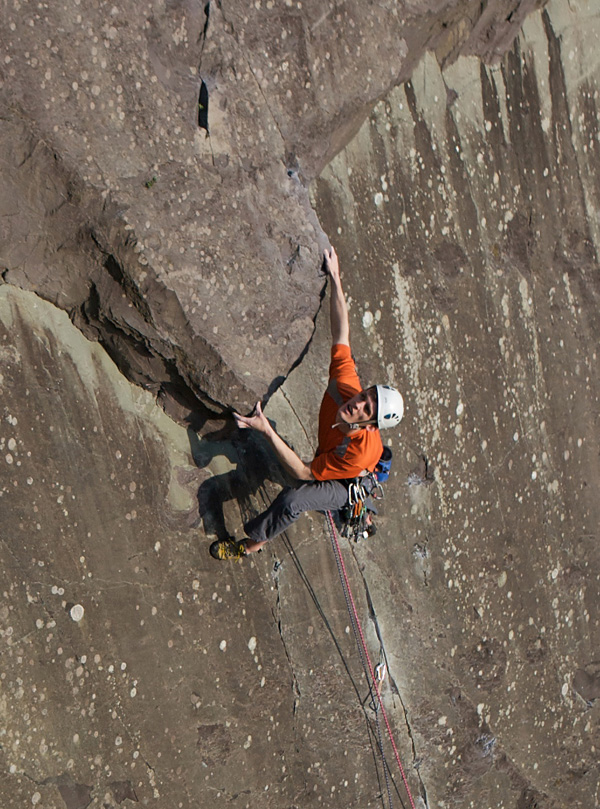
Matt high on the Snowdonian test piece.
Where did your journey in life take your before you set up Green Bean Trails and what were some of the highlights?
I went along with team sports at school but never took them seriously and got all my best drinking done before I went to university. When I got there, the distractions of wild nights weren’t so appealing any more, and I joined the Mountaineering Club instead, for three years of new adventures in wild places. From York we would travel to the Yorkshire Dales, the Moors, the Peak District, Snowdonia and Scotland. I was studying English Litierature and only had four hours of lectures a week. One academic term I calculated that we drove over 5,000miles in my friend Grant’s old Nissan Micra – just to stand under rocks in some part of the countryside somewhere and have a good laugh.
I spent the summers at university in the Alps; hitchhiking around France and Italy. I also studied in Switzerland for a short time and travelled to climb in Spain, Morocco and India. By the time I left university, I worked out that I had already spent a year of my life under canvas. From York I moved to Sheffield – the climbing capital of the UK, and lived with some interesting odd balls. I was becoming increasingly fanatic about rock climbing – never amazing, like some of my friends – but just dead into it. ‘Psyched’ as rock climbers say! I drifted between Sheffield and North Wales for a few years and trained to be a teacher. Eventually, perhaps inevitably, I burnt out of climbing however, and needed a break.
I wanted an adventure. I was keen to go with someone else, but everyone was cracking on with their careers (or thought what I was planning was daft) and so eventually I went alone. I had bought a ticket to Ushuaia, at the bottom of South America and had decided I would cycle with my pannier bags full with my tent and stove and sleeping bag – as far as I could get.
I think that the trip was a big turning point for me and the decision to set out on it was one of the things I am most proud of in my life. I wrote about it a lot as I went, at a blog called ‘From Rock Bottom Up’ which kind of summed up how I felt about the decision to set out: not in the sense that I had thrown everything out and was starting again to hopefully ‘discover myself’. Much more that – I had just cleared away the distractions, and had given myself time to discover whatever came my way.
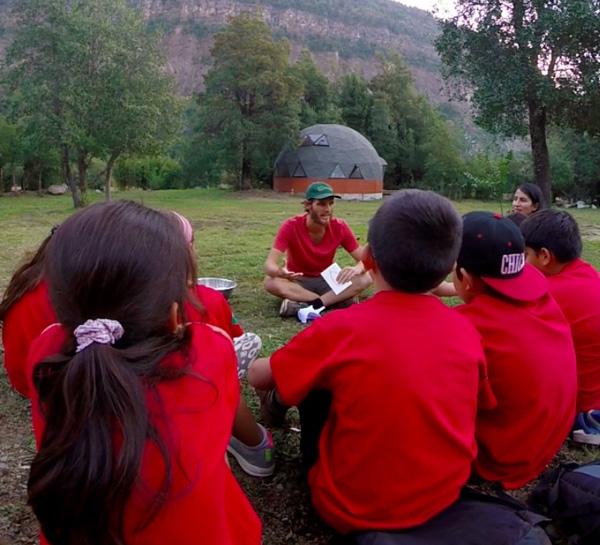
Making bread and learning English outdoors in southern Chile.
How did you end up teaching English in the Andes and could you tell us some more about Green Bean Trails and its aims?
That trip started my connection with South America. The journey lasted about six months in all with a nine-month hiatus when I met my partner in Santiago and stopped to work in a school. I finally started Green Bean Trails about three years later when I drew a line under my classroom teaching job back in the UK, and decided to return to Chile.
I had studied both English and Outdoor Activities during my teacher training year. Again, I was fortunate enough to be mentored by two great outdoorsmen: Tim Jepson and Jamie Holding. They too have that great energy from lives spent in the outdoors and from pursuing what they are passionate about. They were generous enough to share all of that experience whilst allowing me to develop my own teaching style that suited my strengths and allowed me to explore the weaknesses of my own character. That kind of skill takes a very patient teacher and I have had more than my fair share of luck in finding people like that.
I learnt a lot from them about how climbing rocks or kayaking down a river should, if done right, be just the means to an end of opening opportunities for people – especially children – to let themselves loose. Exposing yourself to challenging and unfamiliar situations creates a lot of space for growth. When you look around, and the physical and emotional landscape is very different to your normal one, but you still feel safe and happy and cared about – I think there is a great moment there for reflection, and for some potential changes to be made when you go back to your normal life.
I saw this recently at the end of a four-day residential outdoor activity project in the south of Chile, near Chillan. The kids had been doing a lot of work on building relationships with one another. This had even included a workshop on how to give a good hug! At the end of the week this really tough little kid was given a gift made for him by one of his peers. When she gave it him, she hugged him and he just cried. It was so different to what he was used to. But it was a good kind of crying. Teaching English outdoors with Green Bean Trails, I hope to foster opportunities to create similar experiences.
I have, however, had some people confused recently with my concept. I am not getting students to read a poem while abseiling down a rock face or run a Geoffrey Chaucer themed pilgrimage across the Andes. Most of the students are learning English as a second language and they need a lot of dedicated and concentrated learning to make progress. I do not believe however that the depth of understanding that can be reached, is dependent on whether or not there is a table between you and the student. In fact, the aim of Green Bean Trails is to use being outdoors and the natural environment as a prompt and a stimulus for learning.
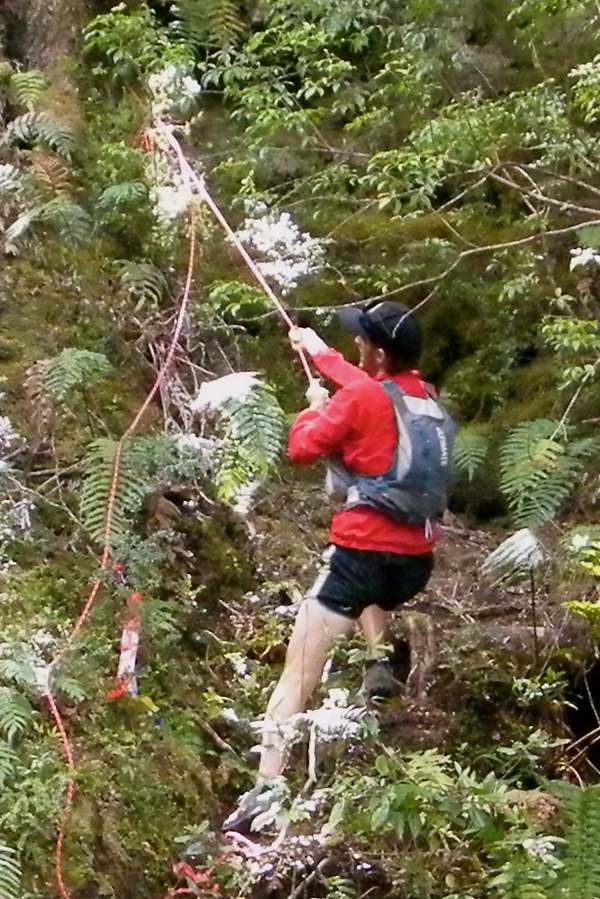
Lost in the jungle during a crazy ultra-marathon in souther Chile.
How do you feel the learning experience is empowered by the outdoors and how does it feel to be able to combine your passions in life to be able to teach and give a positive message to others?
Great question. So many times as a classroom teacher I would say to my students “Imagine now that you are… Describe the smell of the… and use an engaging word ending in ‘ly’ to describe how the wind is blowing.” Yuck! 16-year-olds are sitting GCSE English exams every year all over the UK, where they are expected to churn out emotive descriptions of feelings and places that a lot of them do not have the emotional vocabulary to do justice to. This is not a problem of intelligence, but of a lack of experience.
By bringing the lesson outdoors, I think you can create more powerful and enduring experiences. You no longer need to just imagine. The smells you are learning to describe come from your nose rather than off the top of your head and your word ending in ‘ly’ – well if you take a quiet moment to yourself and sit there, and listen carefully – it will come to you.
With my native Spanish speaking students, I start with a ‘blind lead’ task where they have to guide a blindfolded partner through some trees and maybe across a bridge and over some rocks. I give them a few short vocabulary points such as “left, right, slowly, stop, continue”. It’s only a few words that they learn but, because they have meaning and a connection to an activity – they certainly remember them. Contextualising learning is key. Being outdoors and seeing people make progress in this way of course gives me an immense sense of satisfaction.
How hard are the hikes and is Green Bean Trails open to those with different fitness levels and outdoor experience?
Over the course of a two-and-a-half-hour class we might sometimes walk as far as 4km. Most of the time, this is just the distance between a suitable spot for one activity and the next. Sometimes it is a chance to let people relax and practise their English: movement and walking can sometimes reduce the pressure felt when talking face to face. The classes are taught in small groups of up to eight people and are open to anyone of any fitness level. Lack of perceived fitness should not preclude anyone from participating.
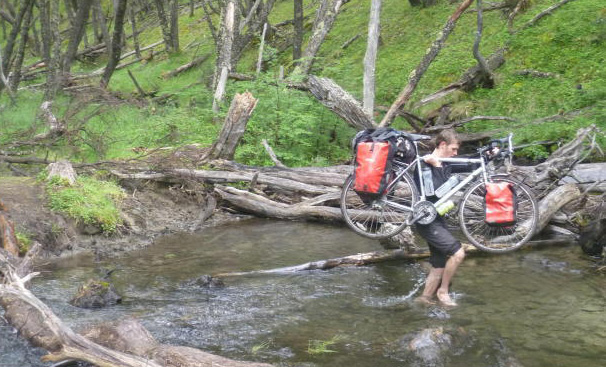
A remote border crossing between countries in South America.
Could you tell us some more about your own personal achievements in extreme sports and adventure?
I have definitely never been outstanding at any of the sports that I have done, but have been fascinated by friends around me who pursue their passion with even more dedication and achieve such excellence.
Most of what I have done has been about just hanging in… for a really long time. I always liked the longest rock climbs, especially on sea cliffs where you could lose yourself for hours in the sound of the surf and lactic acid. I really like long journeys from point A to point B, and seeing the landscape move as I pull it towards me on foot or by bike. I did this for 5,000 miles in South America from barren Tierra del Fuego to the lush landscape of the Iguaçu waterfall on the border with Paraguay. In 2013 I saw the transition from the Roman remains in the city of Bath to ex Soviet Slovenia as I pedalled the length of the Loire, the Rhone and the Rhine across Europe. Last year I spent a month cowering from bears and pushing my bike through some of the wildest parts of planet Earth in the Rocky Mountains from Banff to Yellowstone.
In most recent years however, I have been keeping things even simpler and going places by foot. Last month I ran my eighth ultra-marathon and came second in a time of 17 hours 26 minutes at the inaugural Ultra Fiord event in Chilean Patagonia. We ran 70 miles across a glacier and mountain pass, that five months previously, no human being had ever travelled. Wild cows looked at me very confused and I saw the first autumn leaves in the valley since the trees had first taken root some 500 years before.
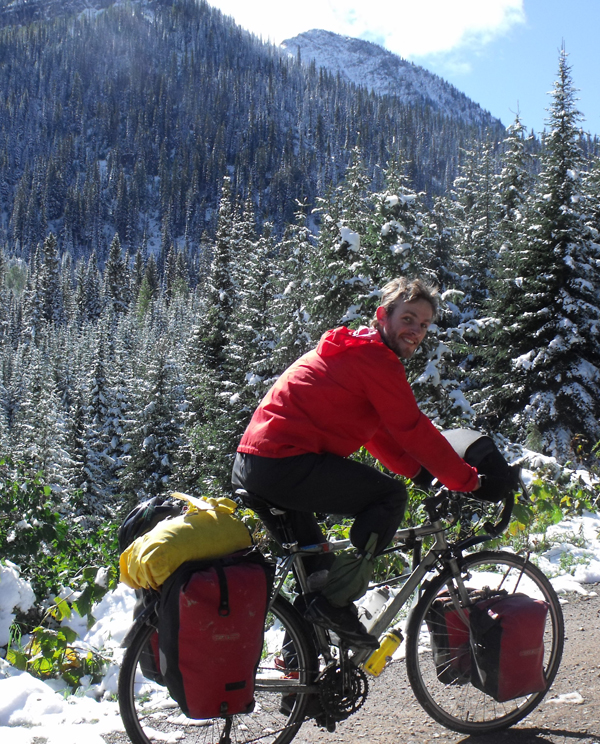
Deep in the Rocky Mountains after a night of heavy snow.
Are there any exciting plans ahead for Green Bean Trails or any challenges you are planning to set for yourself in the near feature?
The teaching done at the moment is quite intense and is conducted in very controlled environments such as Cerro San Cristobal, which is essentially a very large urban park with a wooded hillside. The level of physical challenge is low to make the classes inclusive, but also because I want people to take a lot away from the sessions: it is difficult to learn when scared or intimidated or in physical discomfort. I also want to ease people into the idea of learning outdoors; and for many this means maintaining many of the elements of traditional learning such as using pens and keeping notes etc.
In the future I would like to experiment with moving away from this, and lead some trips into the pre-cordillera of the Andes for some overnight full immersion English camps in the mountains.
If you could sum up your philosophy on life in no more than 15 words what would it be?
Look regularly at where you find yourself. Be proactive in your next choice of direction.

